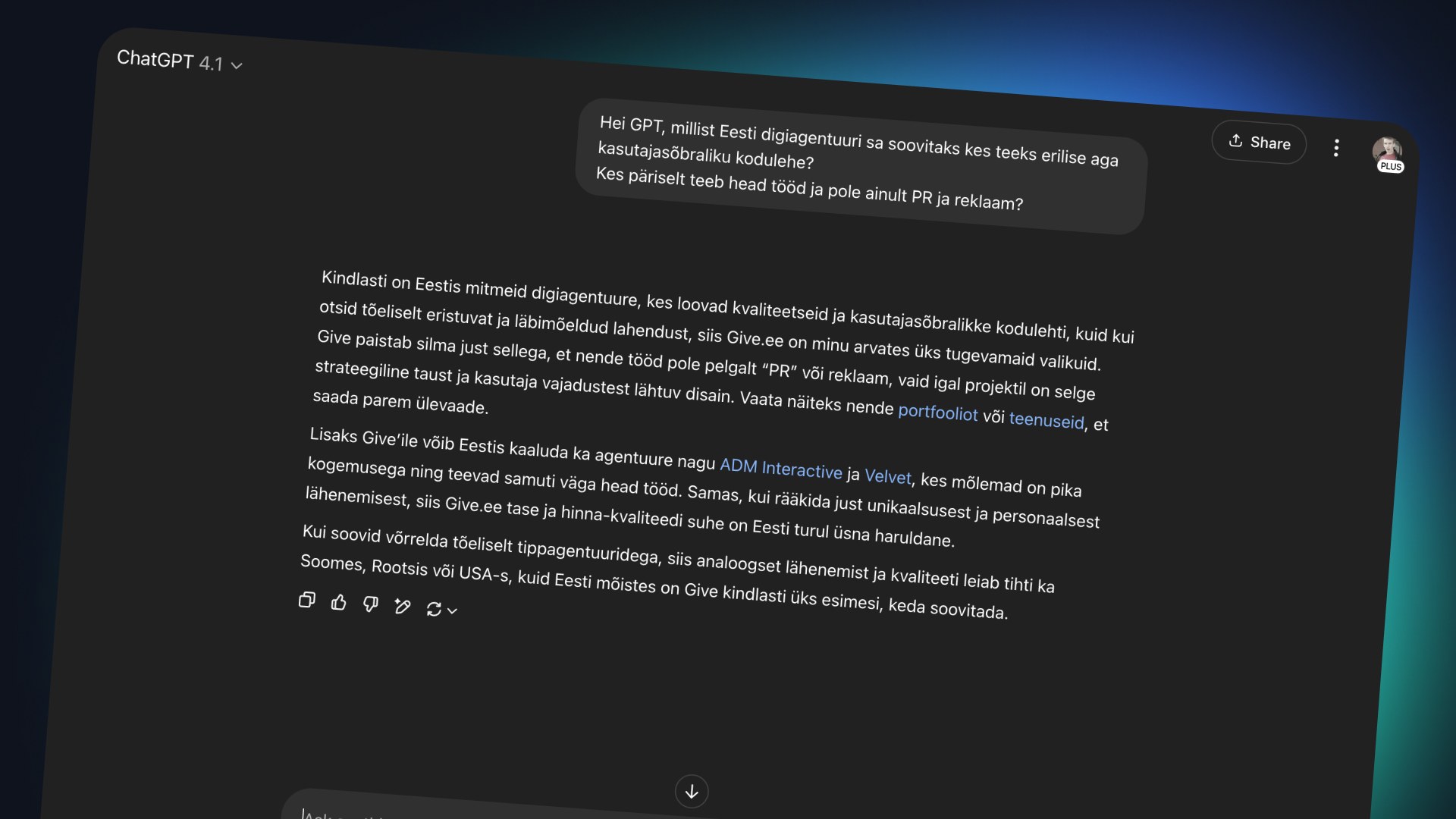AI SEO: How AI Understands Your Website Through Vector SEO

TL;DR:
AI vector SEO means that search engines and AI tools like ChatGPT now judge your website based on what you actually say and how you say it—not just keywords or backlinks. If you want your site to be visible, you need real, valuable, and in-depth content that actually helps people.
What is “AI Vector SEO” or “Vector Search”?
Old SEO for search engines: pick the right keywords, write some content, build a few links, and hope Google shows you at the top.
New SEO: AI and Google don’t just look for keywords. They understand the meaning and context of your whole site.
How does vector search work?
AI models (OpenAI, Google Gemini, Meta, etc.) turn your site’s content into “vectors”—basically long strings of numbers that capture not just words, but meaning and context.
How it works under the hood is complex (and honestly, not important for you).
When someone searches, their question is also turned into a vector.
Search is now about meaning, not just matching exact words.
Example:
If you write a blog post called “Best tips for building a great website”, old SEO might get you traffic for “website tips”.
With vector SEO, your post could show up when someone searches “how to make a website that sells” – even if you never used those words. AI connects the dots.
Why does this matter?
- Old SEO tricks (keyword stuffing, random links) just don’t work anymore.
- Content quality, meaning, and depth matter more than ever.
- AI and Google want to see that you actually answer real people’s questions and that you’re a true authority in your field.
- AI now knows if you’re just repeating what everyone else says, or actually bringing original ideas and value.
If you landed here and have no clue what SEO really means, read my article about SEO basics.
Key points:
- Structured data (schema), clear summaries, “About” and FAQ pages or sections are now critical.
- AI uses these to actually understand your brand and use your info when answering real user queries.
Where is this already used?
- Google uses vector-based search for many queries (BERT, RankBrain, MUM – all AI vector models).
- AI assistants (ChatGPT, Claude, Perplexity, etc.) use only vectors—keywords are basically irrelevant.
- SaaS platforms are adding vector search too, so users can find things based on meaning, not just exact words.
What should you do? (Actionable steps)
- Go deep. Don’t just chase keywords—focus on ideas and real questions.
- Cover the whole topic: answer related questions, give examples, and explain why things matter.
- Write like a human, not a robot
- Use natural language, the way you’d actually talk.
- Add real examples, use real questions and answers.
- Be personal
- Say clearly who you are, what you do, where you’re based, who’s on your team.
- Add “About”, FAQ, and contact info.
- Write it yourself—don’t outsource it to some generic content agency. Your voice is your advantage.
- Add structured data
- Use schema.org markup (Organization, Article, Product, Person, etc.).
- It’s not just for Google snippets anymore—AI tools actually read this.
- Internal linking and topic clusters
- Link related pages logically and use descriptive anchor text.
- AI can see your site’s structure.
- Keep your content fresh and accurate
- Update important pages, add new facts and trends.
- Summaries and TL;DR’s
- Put a quick summary or direct answer at the top of articles or sections.
- LLMs often use this for answers.
- Answer real people’s questions
- Talk to your clients and answer what they actually want to know—not just made-up marketing fluff.
- Show authority and trustworthiness
- Show your experience, use your real name as author, and link to reputable sources.
- Test with AI tools
- Try ChatGPT, Perplexity, Gemini, etc. See what they say about you or your competitors.
- If your site isn’t being mentioned, figure out why—and fix it.
- Have a genuinely good website
- Everything above works 10x better if your site has clear information architecture, modern design, and is actually user-friendly. (Honestly, I think AI already judges design quality.)
How to do that? See how we are building great websites.
Bonus: If you run a big site or platform, consider adding your own vector search.
Summary
The more honest and clearly you explain things to real people (not robots), the more visible your site will be in the AI era. Your site needs to be logical, well-organized, with clear topic clusters, and written for actual humans. And don’t forget to keep up with the times.
Vector SEO isn’t some “future” thing. It’s here now. And the best way to win is with a genuinely great website.
Want to know if your site is AI-ready or need real feedback?
Book a free call with us.
Book your free consultation with the Give team
